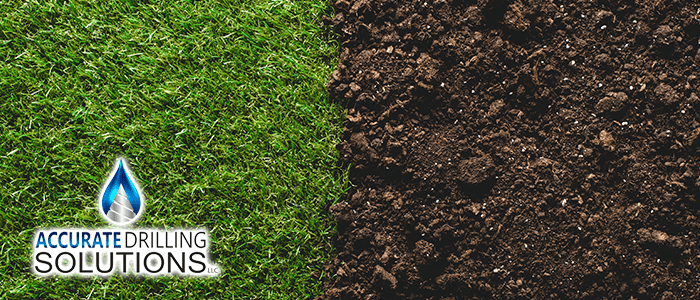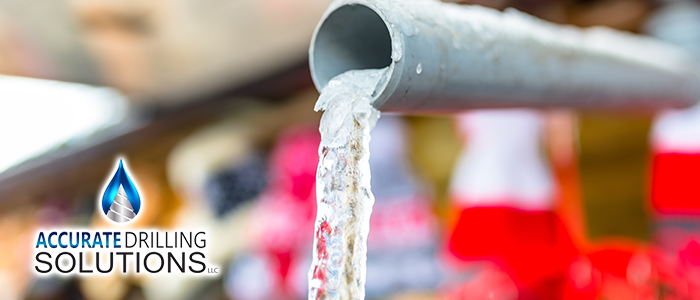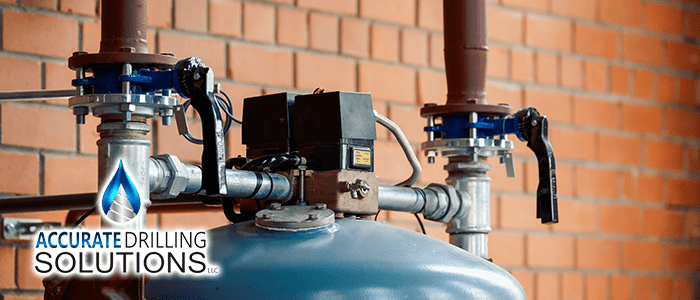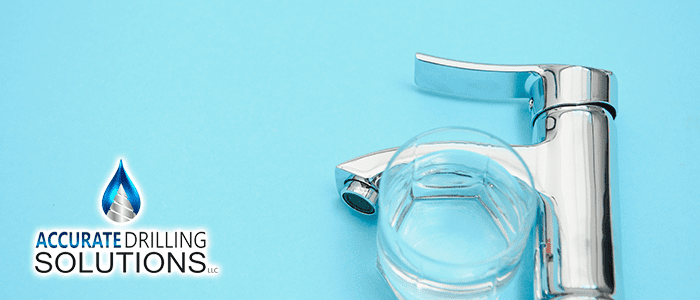
How Do Different Soil Types Affect Wells?
As you may be aware, well water derives its water supply from an aquifer. This is an underground source of water trapped under layers of soil types and often bedrock. While soil is the primary obstruction between you and your water, it also plays a part in helping your well. Soil keeps your well in place; it filters the water on its way to the aquifer and more. You should be aware of the kind of soil you have, as this is a huge part of how your well will function. Therefore, it is important to be mindful of your soil through your well’s service life even after drilling.
Learning about your soil will help you prepare for future problems. This article will cover some of what you can expect from different soil types.
The Best and Worst Soil Types
It can be easy to imagine the best possible soil for drilling a well. It would be dense, deep, and devoid of rocks and debris. It would have a high or medium-high water table and be loose enough for water yield… Without being too loose so as not to filter the water. If your water table is high and your topsoil is deep, you have less bedrock to deal with before hitting the water.
The worst kinds of soil, meanwhile, would be bare bedrock. Beyond drilling through bare rock, heavy clay, sand, and rocky soil also cause problems. Soil with large rocks or silt can present issues regarding hydraulic lifts.
How Do I Know if My Soil is Suitable for a Well?
It would be best if you learned as much as possible about your property before digging a well.
No matter how good the soil is, you may also want to try a test hole to see if you can strike water. Rocky soil can take a long, difficult time to drill through. Sandy soil, meanwhile, can trap the drill pipe as sand fills in the borehole. The drilling process can be a major investment, so you should inspect the site top to bottom. A professional can inspect the topsoil and the drill site and perform other tests. These can include reviewing geographical records and examining nearby wells.
Can Soil Affect Well Operation?
Sandy soil, in particular, presents major obstacles for well operation. It may fail to filter chemicals from rainwater completely. Silt and sand can also lead to pump damage or grainy water. In these cases, filtration and water treatment are especially important. In addition, your pump will encounter particulate matter in time. You will want to be aware of this to adjust your maintenance routine ahead of time.
Can You Drill Through Bad Soil Types?
Sometimes it’s possible to address an issue that you’re aware of as you drill your well. We mentioned test holes earlier, and this is why. We can help you make considerations for various situations on your property. For example, using a different casing size may be possible if your soil seems to produce water at a low yield. It’s important to know that soil problems may make your well more expensive to drill. Being aware of potential soil problems, the general soil type in your area, and more can help you budget.
If you have questions, don’t hesitate to call us for a consultation about your specific needs.
continue reading
Related Posts
Tampa Well Water Quality: Your Complete 2025 Guide Well water
Addressing Water Pressure Issues in Wells: Expert Solutions Water pressure
Benefits of Water Filtration Systems for Well Owners in Central





